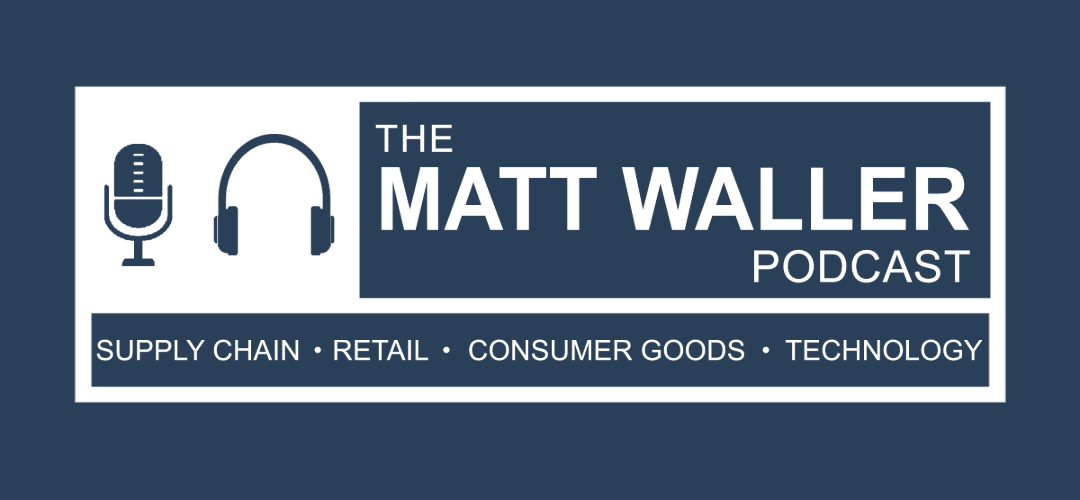I recently had the pleasure of interviewing Erhan Musaoglu, Founder and CEO of Logiwa, on my podcast. Logiwa provides a cloud-based fulfillment management system designed specifically for direct-to-consumer e-commerce businesses. In this post, I'll summarize key insights from our conversation on the unique challenges of e-commerce fulfillment and how Logiwa's solution helps businesses scale operations efficiently.
Key Challenges of E-Commerce Fulfillment
- High volume small orders: E-commerce involves processing thousands of individual customer orders per day rather than bulk shipments like traditional B2B warehousing. This requires optimized systems to handle the volume.
- Labor turnover: Warehouse staff turnover is high in e-commerce, so systems need intuitive interfaces that allow quick training of new hires.
- Fast delivery: Customer expectations for fast shipping means businesses need local micro-fulfillment centers. This requires systems with visibility across multiple locations.
- Dynamic requirements: E-commerce models change frequently, so systems need flexibility to adapt to new bundle options, carriers etc.
Requirements for Scaling E-Commerce Fulfillment
- Algorithms must optimize ecommerce specific tasks like split order shipments and personalized print packaging.
- Regular automatic updates to remove need for major on-site upgrades.
- Must connect directly with shopping carts and sales channels for automated order management.
- Must optimize shipment routing across multiple fulfillment centers to meet delivery speed needs.
- Flexible automation is needed to help adapt to changing needs with configurable rules, directed put-away logic etc.
The Future of E-Commerce Fulfillment Tech:
Erhan sees robotics, AI, and open architecture as key next innovations. Logiwa is already integrating robotics and developing AI for tasks like onboarding and benchmarking. The API approach also allows partners to build custom solutions on top of Logiwa's powerful core e-commerce optimization engines.
Scaling E-Commerce Fulfillment Operations with Logiwa: Interview with CEO Erhan Musaoglu



Member discussion: